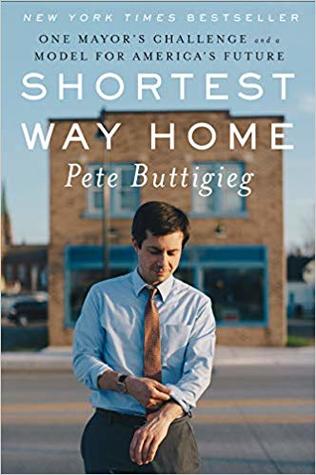More on this book
Community
Kindle Notes & Highlights
Read between
September 11 - September 21, 2019
you will be best to work with if you have first been made to feel good about yourself.
The top priority of the terrorist—even more important than killing you—is to make himself your top priority. This is why protecting ourselves from terrorist violence is not enough to defeat terrorism, especially if we try to achieve safety in ways that elevate the importance of terrorists and wind up publicizing their causes. We all want to avoid being harmed—but if the cost of doing so is making the terrorist the thing you care about most, to the exclusion of the other things that matter in your society, then you have handed him exactly the kind of victory that makes terrorism such a frequent
...more
Melanie McDonough liked this
For purpose-driven people, this is the conundrum of client-service work: to perform at your best, you must learn how to care about something because you are hired to do so. For some, this is not a problem at all. A great lawyer or consultant can identify so closely with the client, or so strongly desire to be good at the job, or be so well compensated, that her purposes and interests and those of the client become one. But for others, work can only be meaningful if its fundamental purpose is in things that would matter even if no one would pay you to care about them.
Good policy, like good literature, takes personal lived experience as its starting point.
was a lot better to start a conversation by asking about his goals than launching right into yours.
For all the power that data analysis represents—and I’ve worked to build a reputation for running one of the country’s most data-oriented city administrations—it also has its limitations, and the potential for mischief. You might spend lots of time and resources gathering data that will never be used, or accumulate data that winds up telling you things you already know. SO HOW DOES A TECH-ORIENTED MAYOR make sure that the data is serving the administration, rather than becoming an end in itself?
First, know the difference between reporting an issue and resolving it.
A second rule we learned quickly was to recognize that responsiveness and efficiency are not the same thing; in fact, they can sometimes pull against each other.
A third lesson on data and efficiency is to be honest at the beginning about whether you are willing to follow the data where it leads.
A fourth data lesson came from the ShotSpotter experience: follow the data where it leads, and recognize that it could show you the answers to questions you never even asked.
But without exceptions to rules, the world would be a colder and probably worse place to live.
to do so is to assume that voting is about ideology and policy analysis, rather than identity and environment.


